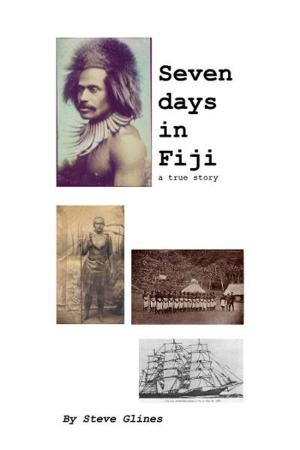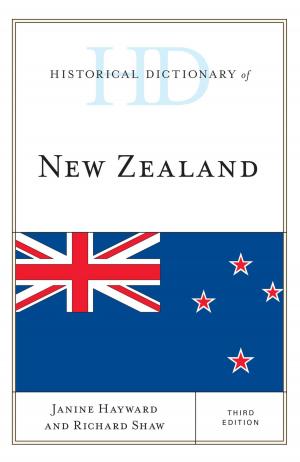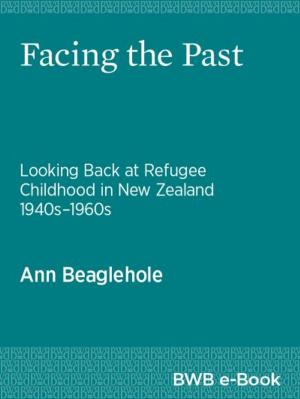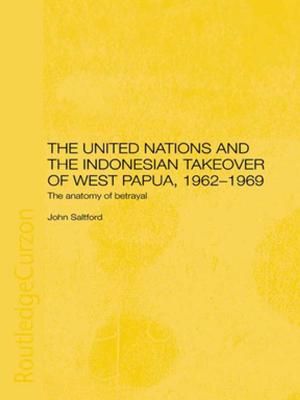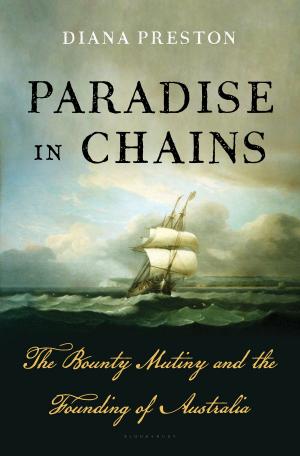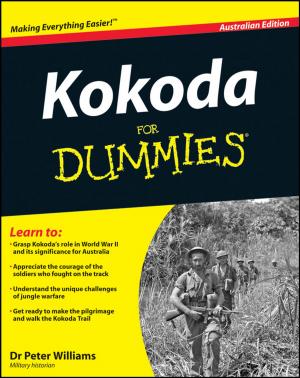The Family Budgeters: An Account of the Family Budgeting Movement in New Zealand, 1960—1978
Nonfiction, History, Australia & Oceania| Author: | Dave Mullan | ISBN: | 9781877357237 |
| Publisher: | Dave Mullan | Publication: | October 5, 2015 |
| Imprint: | Smashwords Edition | Language: | English |
| Author: | Dave Mullan |
| ISBN: | 9781877357237 |
| Publisher: | Dave Mullan |
| Publication: | October 5, 2015 |
| Imprint: | Smashwords Edition |
| Language: | English |
In 2015 the New Zealand Federation of Family Budgeting Services is a massive organisation that assists families with their household budgeting. The national Government provides substantial financial assistance to enable competent people to handle initial interviews and manage the hundreds of volunteers in about 170 affiliated groups throughout the country.
But financial support from state funds was not always available. From the novel approach by Dr Nathan Paewai and Gray Vuglar in Kaikohe in 1960, family budgeting sprang up quickly in many centres. Many groups were nominally supported by the Department of Maori Affairs. Most were loosely organised into independent groups with their own procedures.
But the very success of these voluntary groups engendered huge demand.. Pressure on the volunteers became, in some place, intolerable. Many groups were in and some simply disappeared. Nevertheless, the 1960s and 1970s saw some very successful.
The advent of the Home Budgeting Advisory Committee in 1978 marked the beginning of formal government assistance. The story of the ten years’ life of that Committee has already been told in the author’s A Small Qango, also available at Smashwords. But the experiences of those who carried the flag for family budgeting through the 1960s and 1900s with no financial assistance to speak of, have been largely lost.
This book is the story of those earlier years. Thanks to the remarkable MA thesis of Yvonne Burns, it provides insights into Paewai and Vuglar and the remarkable “Kaikohe Scheme. It recounts the spread of informal family budgeting groups in the next years. It tells of rugged individuals who later exhausted themselves trying to meet all the need that confronted them.
This book also offers insights into the thinking of the political parties that —on and off the parliamentary benches—recognised for several years that something should be done but feared to bite the financial bullet. It analyses some of the influences on family budgeting during the formative years before there began to be some national coordination. It invites sympathy and understanding for those who prepared submissions that would be largely ignored and others who beat on the doors of business houses and local bodies for financial assistance that was seldom forthcoming. It honours all those who simply dipped into their own pockets to meet the costs of administration, phone calls and the costly mileage that was travelled to meet people in their own homes. It also records imaginative approaches that depended rather less on a central figure to do all the initial casework.
In two or three centres, local government and business houses gave considerable support. Behind the meagre archival record there are hints of state servants who caught a vision of a great volunteer movement and were able to steer their political masters in constructive directions. And there is substantial detail around the steps that were taken in 1974 and 1975 to put in place a national organisation. This would eventually pull together the disparate threads of family budgeting and create the kind of procedure and organisation that has been largely emulated by the new Federation from 1988.
The author was introduced to Family Budgeting in 1964 and as and active volunteer he co-sponsored the first national gathering to consider forming a national body to seek government finance in 1974. As one of the last of the “steam budgeters” he accepted the challenge to try to record the story of the earliest days of the movement. He has assembled a fascinating story of household budgeting during two largely forgotten decades.
In 2015 the New Zealand Federation of Family Budgeting Services is a massive organisation that assists families with their household budgeting. The national Government provides substantial financial assistance to enable competent people to handle initial interviews and manage the hundreds of volunteers in about 170 affiliated groups throughout the country.
But financial support from state funds was not always available. From the novel approach by Dr Nathan Paewai and Gray Vuglar in Kaikohe in 1960, family budgeting sprang up quickly in many centres. Many groups were nominally supported by the Department of Maori Affairs. Most were loosely organised into independent groups with their own procedures.
But the very success of these voluntary groups engendered huge demand.. Pressure on the volunteers became, in some place, intolerable. Many groups were in and some simply disappeared. Nevertheless, the 1960s and 1970s saw some very successful.
The advent of the Home Budgeting Advisory Committee in 1978 marked the beginning of formal government assistance. The story of the ten years’ life of that Committee has already been told in the author’s A Small Qango, also available at Smashwords. But the experiences of those who carried the flag for family budgeting through the 1960s and 1900s with no financial assistance to speak of, have been largely lost.
This book is the story of those earlier years. Thanks to the remarkable MA thesis of Yvonne Burns, it provides insights into Paewai and Vuglar and the remarkable “Kaikohe Scheme. It recounts the spread of informal family budgeting groups in the next years. It tells of rugged individuals who later exhausted themselves trying to meet all the need that confronted them.
This book also offers insights into the thinking of the political parties that —on and off the parliamentary benches—recognised for several years that something should be done but feared to bite the financial bullet. It analyses some of the influences on family budgeting during the formative years before there began to be some national coordination. It invites sympathy and understanding for those who prepared submissions that would be largely ignored and others who beat on the doors of business houses and local bodies for financial assistance that was seldom forthcoming. It honours all those who simply dipped into their own pockets to meet the costs of administration, phone calls and the costly mileage that was travelled to meet people in their own homes. It also records imaginative approaches that depended rather less on a central figure to do all the initial casework.
In two or three centres, local government and business houses gave considerable support. Behind the meagre archival record there are hints of state servants who caught a vision of a great volunteer movement and were able to steer their political masters in constructive directions. And there is substantial detail around the steps that were taken in 1974 and 1975 to put in place a national organisation. This would eventually pull together the disparate threads of family budgeting and create the kind of procedure and organisation that has been largely emulated by the new Federation from 1988.
The author was introduced to Family Budgeting in 1964 and as and active volunteer he co-sponsored the first national gathering to consider forming a national body to seek government finance in 1974. As one of the last of the “steam budgeters” he accepted the challenge to try to record the story of the earliest days of the movement. He has assembled a fascinating story of household budgeting during two largely forgotten decades.

